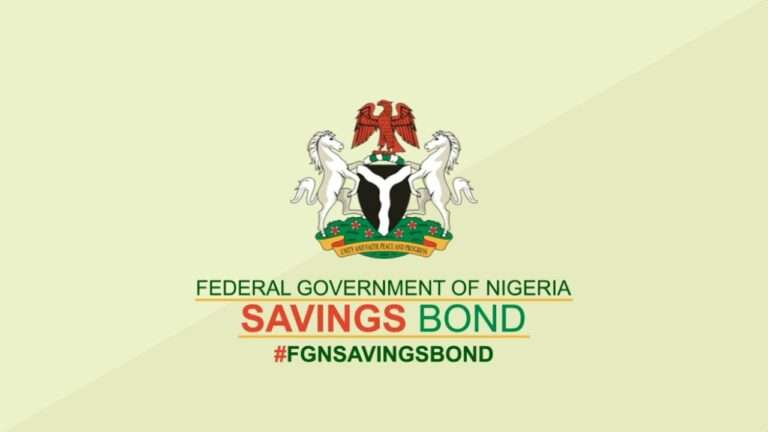Nigeria is set to reclaim its position among Africa’s top three largest economies as the International Monetary Fund (IMF) projects stronger growth and improved economic performance through 2026.
According to the IMF’s latest World Economic Outlook, Nigeria’s nominal Gross Domestic Product (GDP) is projected to reach $334.34 billion in 2026. This will place the country behind South Africa, estimated at $443.64 billion, and Egypt, projected at $399.51 billion.
The projection marks a major rebound for Africa’s most populous nation, which had slipped to the fourth position in recent years due to currency depreciation, declining oil output, and macroeconomic instability.
Key Drivers of the Recovery
The IMF attributed Nigeria’s resurgence to a combination of fiscal and monetary reforms implemented under the current administration. These include:
- Increased oil production and improved revenue from the energy sector
- Exchange rate reforms aimed at stabilising the naira and improving investor confidence
- Removal of fuel subsidies, which has redirected government spending toward infrastructure and social investment; and
- Renewed private sector confidence, spurred by policy realignments and international partnerships.
The Fund noted that these measures are beginning to restore market confidence, with expectations of gradual but sustained GDP growth through 2026 and beyond.
Sustaining the Momentum
Despite the optimistic outlook, the IMF warned that Nigeria must strengthen non-oil sectors, improve fiscal discipline, and enhance external resilience to global shocks. It also emphasised the need to manage inflationary pressures, promote productivity, and diversify exports to maintain long-term economic stability.
Analysts say that re-entering Africa’s top three economies underscores Nigeria’s economic potential but also highlights the urgency for deeper structural reforms and stronger governance to consolidate gains.
Regional Context
With this projection, Nigeria will again rank among the continent’s leading economies, behind only South Africa and Egypt, two of Africa’s most industrialised nations. The development reinforces Nigeria’s strategic importance in shaping regional trade, investment, and policy direction within sub-Saharan Africa.




